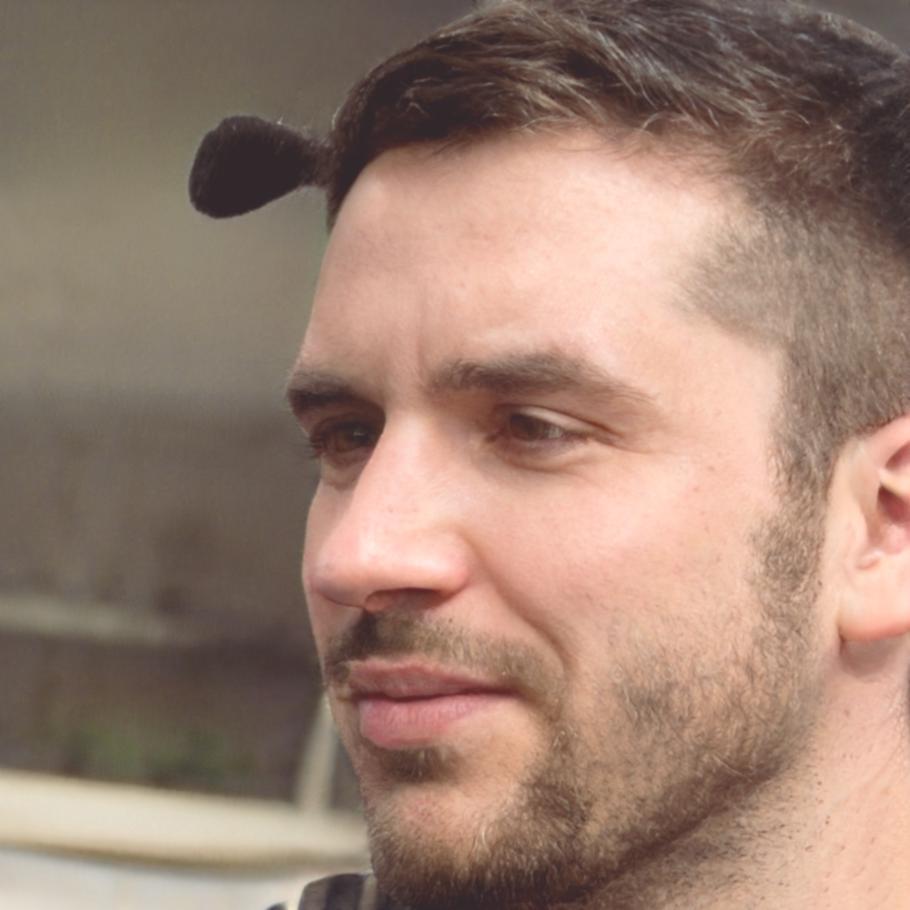Teaching Methods Built from Real Experience
After working with hundreds of career switchers across Switzerland, we've developed a teaching approach that actually works. It's not about following trends—it's about understanding how people learn when they're juggling jobs, families, and life.
Starting Where You Are
Most programs assume everyone learns the same way. We don't. Some of our students in Chur pick things up quickly with visual demos. Others need to work through problems step-by-step before concepts click.
Our instructors spend the first two weeks figuring out how each person thinks. Are you someone who needs to see the big picture first? Or do you prefer building from the ground up? There's no wrong answer—but knowing this shapes everything that comes next.
We adjust pacing, explanation styles, and even project types based on what we observe. It takes more work on our end, but it means you're not fighting against a system that wasn't designed for you.

Our lead instructors bring practical industry knowledge
Average timeline for students completing evening programs
Small cohorts mean personalized attention
Who's Actually Teaching You
Our instructors aren't career educators who happen to know design. They're working professionals who decided teaching was worth their evenings because they remember what it felt like to break into this field.

Henrik Vogler
Responsive Design Specialist
Spent nine years at a Zurich agency before moving to teaching. Still freelances on weekends, which keeps his curriculum grounded in what employers actually need right now.

Bastian Ruf
UI Systems Mentor
Works full-time at a fintech company in Basel. Teaches Tuesday evenings because he wishes someone had shown him practical shortcuts when he was starting out in 2019.

Workshop Environment
Collaborative Learning Space
Our studio setup encourages peer learning. You'll work alongside people from different backgrounds—accountants, teachers, retail managers—all bringing unique perspectives.
The thing about our instructors—they're not trying to turn you into mini versions of themselves. Bastian builds component libraries all day. Henrik specializes in mobile-first layouts. But they both know you might end up doing something completely different. Their job is to give you foundations that work regardless of where you land. And yeah, they'll tell you when your design doesn't work. But they'll also explain why, and show you three ways to fix it.

How Projects Actually Work
Foundations (Months 1-3)
You start with HTML and CSS basics. Not exciting, but necessary. We move faster than most bootcamps here because our students are motivated—they're paying out of pocket and using vacation days to attend.
Real Briefs (Months 4-6)
This is where it gets interesting. You'll work on project briefs based on actual client requests Henrik and Bastian have handled. Vague requirements, changing specs, unclear feedback—welcome to the real world.
Portfolio Building (Months 7-9)
You pick three projects that showcase different skills. We help you refine them until they're portfolio-ready. This takes longer than people expect—good work needs iteration.
Interview Prep (Months 10-12)
We run mock interviews, review your portfolio presentation, and connect you with alumni who work at companies you're interested in. Can't promise jobs, but we can help you not blow opportunities.
What a Typical Week Looks Like
Tuesday Evening Session
Three hours in the studio. First hour is new concepts—responsive grids, accessibility standards, whatever's on the syllabus. Next two hours you work on your project while instructors rotate through helping people who are stuck.
Thursday Check-In
Shorter session—ninety minutes. You present progress to your small group. Four or five people give feedback. It's honest but not brutal. Everyone's learning, so people are generally supportive.
Weekend Work
Most students spend Saturday morning or Sunday afternoon on coursework. That's about ten to fifteen hours weekly total. Doable if you're serious, but you need to actually show up and do the work.
Monthly Portfolio Review
Last Thursday of each month, everyone presents their best work. Takes about two hours. You see how others approach problems, which honestly teaches you as much as the formal lessons do.
Next Programs Start September 2025
Evening cohorts run Tuesday and Thursday, 6:30-9:30 PM in Chur. We keep groups small, so spots fill up by July usually. If you're interested, worth reaching out sooner rather than later.
View Program Details